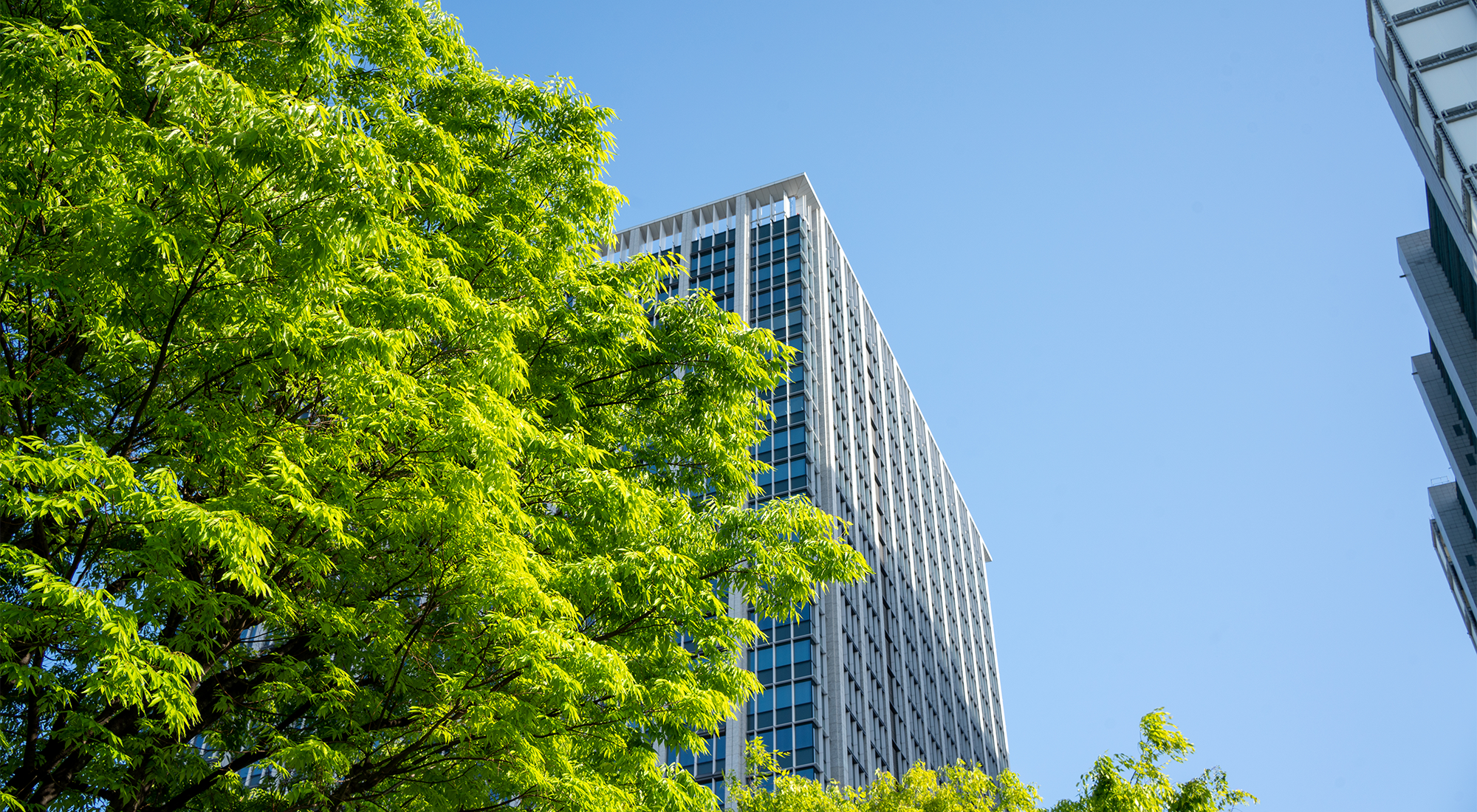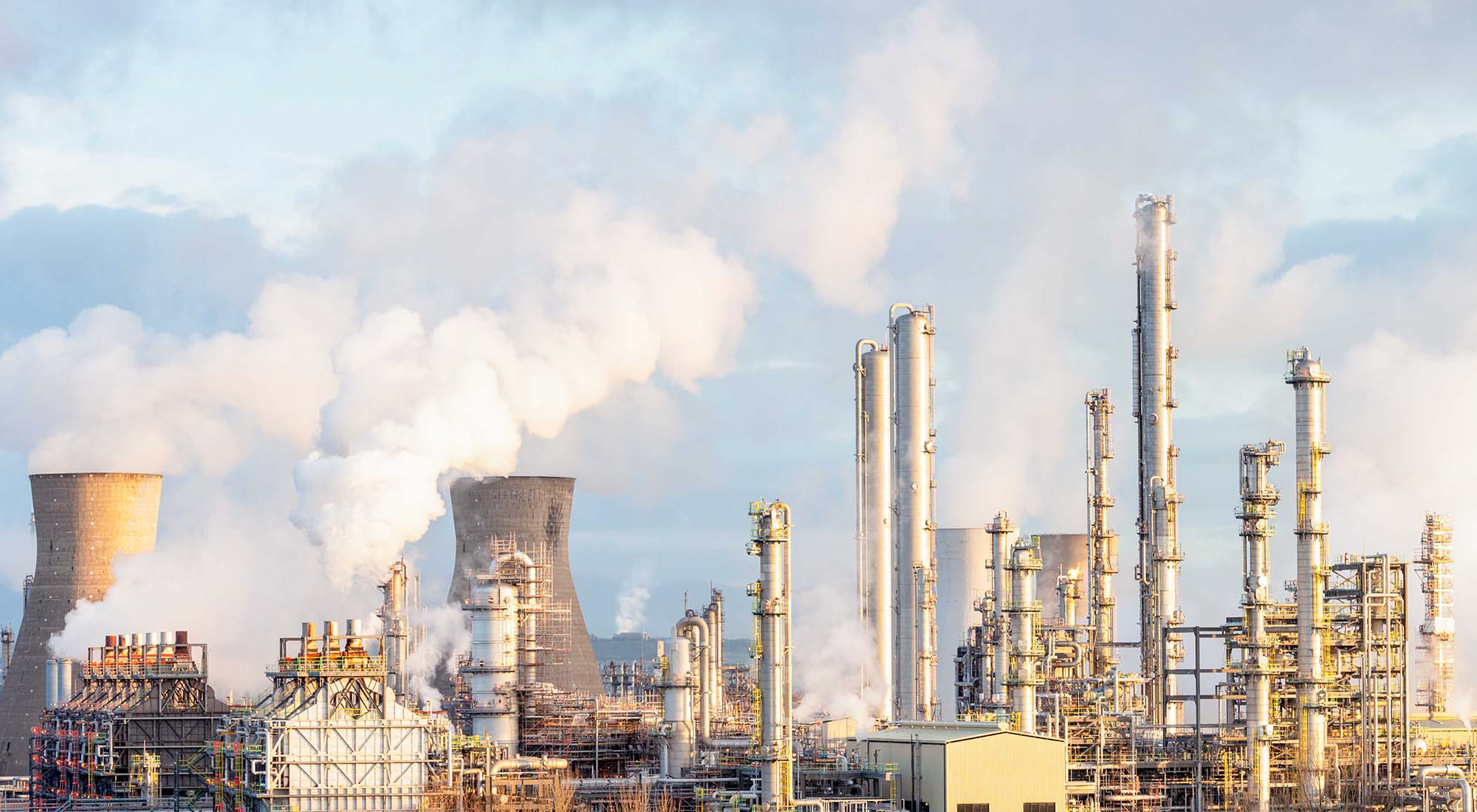AI will identify potential athlete welfare issues before they arise
The rise of AI shows no signs of abating, and the potential use cases are exponential. For athletes, data will increasingly be used alongside AI to prevent welfare issues, be they physical, mental or emotional. From mental health monitoring to bio-mechanical data to detect the risk of injury, and from wearables that warn of fatigue and poor recovery to instrumental mouthguards capable of detecting potential head injuries, expect technology to become increasingly prevalent in proactively managing welfare in elite sports. Technological change, particularly where it is likely to filter down from elite to lower and grass-roots level, will be a game changer for individuals, clubs and associations.
Heat-stress related claims are set to rise in various workplace settings
With the advent of hotter and drier summers, workplaces are becoming increasingly susceptible to heat-stress related claims, with those working in vulnerable sectors such as agriculture, construction and frontline services particularly at risk. Without a legal maximum safe working temperature, and with increased awareness resulting in an increase in reporting of hazardous conditions, employers in high risk environments should review risk assessments and heat mitigation protocols in order to safeguard the health and safety of employees, and mitigate the risk of personal injury claims and regulatory prosecutions. Increased sun exposure is also likely to require employers to consider protective measures, including limiting the time workers spend in the open air and providing appropriate protective equipment, as well as utilising advances in wearable health monitoring devices.
Potential new legislation on the cards to bolster the law on apologies
Further to the Ministry of Justice's 2024 consultation looking at the adequacy of the law on apologies, expect stronger safeguards to ensure an apology cannot be misconstrued as an admission of liability. Section 2 of the Compensation Act 2006 already states that an apology, offer of treatment or other redress does not amount to an admission of liability, but new legislation could see the introduction of a statutory definition of complaint (as is the case in Scotland), underpinned by a broad acceptance that the use of apologies in highly sensitive cases such as those involving child sexual abuse can aid the healing process for victims.
Investigation will shake up pet insurance market
Set against a backdrop of rising veterinary costs which have caused dramatic increases in the cost of domestic pet insurance, we expect the investigation by the Competition and Markets Authority to yield a package of remedies aimed at improving competition and consumer outcomes. Options include the requirement for veterinary practitioners to provide itemised estimates; an overhaul of complaints handling and redress processes; regulatory oversight where veterinary practices are run by non-qualified persons; and generic prescribing to reduce costs.
Innovation is the way to succeed in a consolidating claimant legal market
The number of claimant personal injury firms has declined by 35.4% in the last five years, and larger firms are taking a bigger piece of the market share. This trend shows no signs of abating. Falling numbers of claims and fixed recoverable costs will continue to push the claimant sector towards consolidation. Those firms capable of adapting to changing market conditions are likely to do better. This will require flexibility, innovation and the financial and human resources necessary to facilitate them, all favouring larger firms. This consolidation can reasonably be anticipated to impact on claims handing generally, particularly if it leads to more standardised and consistent approaches to claims progression. The impact from a defendant/insurer perspective remains to be seen.




